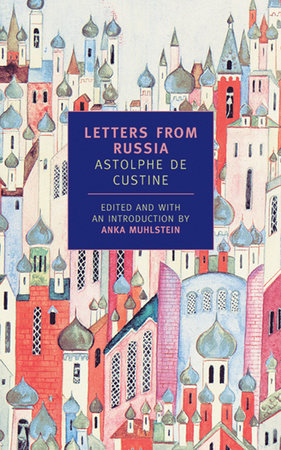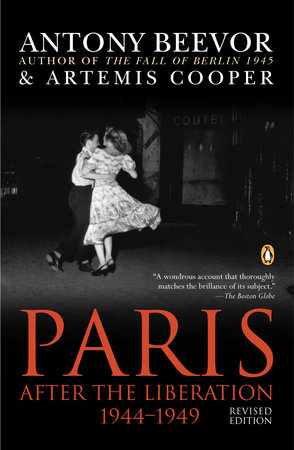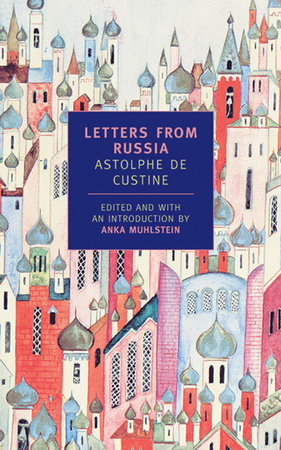

Letters from Russia
By Astolphe de Custine
Introduction by Anka Muhlstein
By Astolphe de Custine
Introduction by Anka Muhlstein
By Astolphe de Custine
Introduction by Anka Muhlstein
By Astolphe de Custine
Introduction by Anka Muhlstein
Category: European World History | Travel Writing
Category: European World History | Travel Writing

-
$29.95
Apr 30, 2002 | ISBN 9780940322813
-
Apr 25, 2012 | ISBN 9781590175347
YOU MAY ALSO LIKE
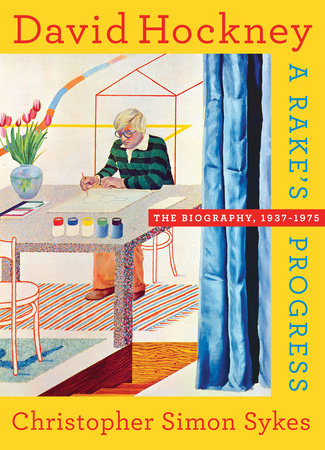
David Hockney
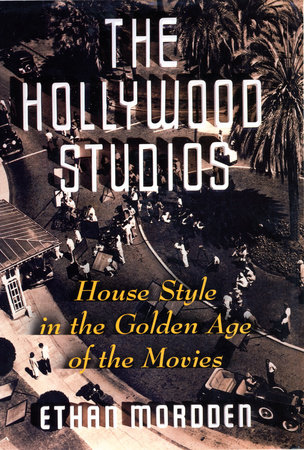
The Hollywood Studios

Making Friends with Hitler

The European Tribe

Rendezvous with Destiny

The Taste of Ashes

The Subplot
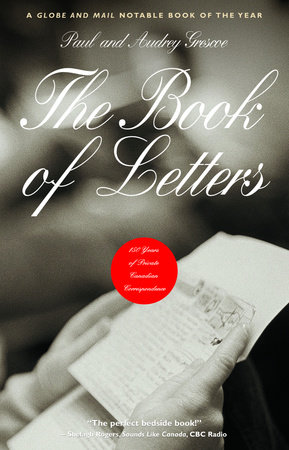
The Book of Letters
Praise
“The most trenchant political text of the 19th century.”— Louis Auchincloss
“Much of [Russia in 1839’s] popularity was no doubt due to [Custine’s] biting criticism and flamboyant prose. Throughout the years, Custine’s “Empire” has remained one of the most famous Western accounts of czarist days.”— San Francisco Chronicle
“Alexander Herzen wrote: “This is unquestionably the most diverting and intelligent book written about Russia by a foreigner.” Herzen’s words are still true today, despite the thousands of books written about Russia since that time.”— The New York Review of Books
“[Letters from Russia] depicts Russia as it has never been portrayed before, or since… This observant writer described northern landscapes and the capital’s balls, the Moscow Kremlin and the dress of the common people. The power of Custine’s letters as a unified work is in their inner drama.”— Viktor Erofeyev, The New York Review of Books
“Historical accuracy, Romantic pretension, and self-display aside, Astolphe de Custine’s Letters from Russia conveys to contemporary readers the need to engage fully with our culture and the cultures of others, whatever our own inevitable limitations of perspective.”— Leonard Epp, The Oxonian Review of Books Witch Grass Raymond Queneau
“This desultory tale of undistinguished yet eccentric Parisians circles around a theme that threatens to take over the book the way witch grass invades a field. That theme is the precariousness of reality around us, the imminence of nonbeing, a principle identified in physics as the second law of thermodynamics, namely, entropy.”— Roger Shattuck
“A supreme example of the novel-poem.”— Claude Simonnet
“Happily, Barbara Wright’s grand translations offer pleasures in all ways congruent and equal to those of the original. Her English language Queneau writes with the same dry abandon as the French one, with the same erudite and disruptive affection for the odd things language can do….Wright approaches [Queneau] with an elegant surefootedness and imagination.”— Jordan Stump, Bookforum
21 Books You’ve Been Meaning to Read
Just for joining you’ll get personalized recommendations on your dashboard daily and features only for members.
Find Out More Join Now Sign In








